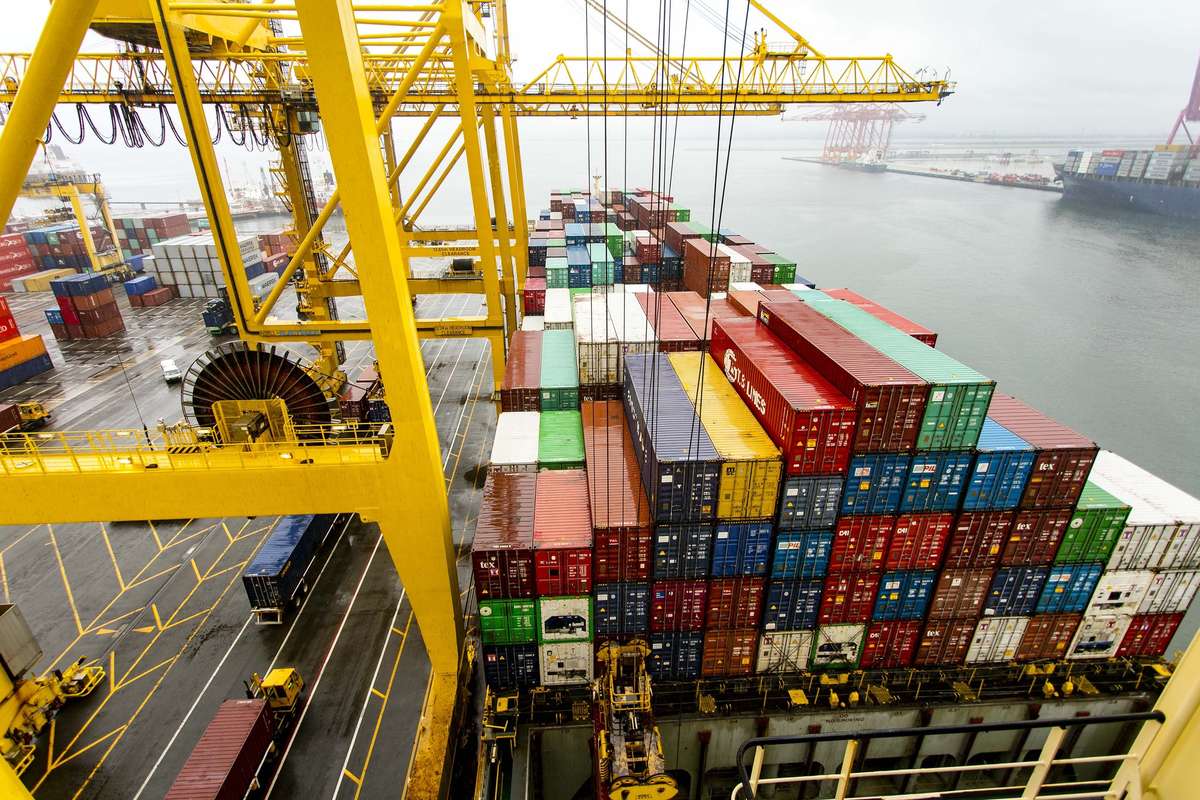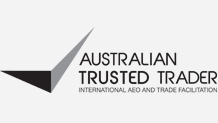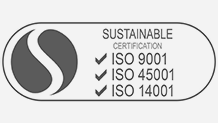Newsflash - Deterioration of service levels at Port Botany, NSW
14/9/2020
The situation in Sydney’s Port Botany continues to deteriorate affecting Australian exporters and importers.
For further details please refer to the following joint press release from Freight & Trade Alliance (FTA) and Australian Peak Shippers Association (APSA).
FRIDAY 11 SEPTEMBER 2020 - MEDIA RELEASE
PORT BOTANY DELIVERING A “THIRD WORLD” SERVICE IN THE 21ST CENTURY
The effects of the COVID-19 pandemic are quickly paling into insignificance in comparison to the inability of Port Botany to provide New South Wales exporters and importers an effective international gateway to market.
The failing of the state’s premier container port in recent weeks is causing delivery delays and significant operational costs for the sector. Rubbing salt into the wounds of an industry already on its knees is a myriad of unregulated and rapidly escalating surcharges.
Paul Zalai, Director of Freight & Trade Alliance (FTA) and Secretariat of the Australian Peak Shippers Association (APSA), said the ‘last straw’ has come this week with the Geneva based Mediterranean Shipping Company (MSC) advising their customers their cargoes will be subject to a USD300 per Twenty Foot Equivalent (TEU) fee referred to a ‘Sydney Port Congestion Surcharge’.
“This surcharge will see grain exporters having to absorb an extra AU$17 per tonne of direct costs making product uncompetitive in a global market and a devastating blow for an industry that already has locked in negotiated contracts with their overseas buyers.” Paul Zalai said.
The views are supported by APSA members, the Australia Meat Industry Council (AMIC) and leading regional exporter Fletcher International Exports.
“We all know the devastating effect COVID has had on the airfreight industry, there are empty planes parked up all over the world and massive restrictions on air-freight space, so it is vital that we get our sea freight efficiencies to best in class”.
“At a time when Regional Australia’s farmers have the chance to bounce back after years of crippling drought and devastating bushfires, they are being held over a barrel by a few hundred waterfront workers, this should not and cannot be allowed to happen and for the Government, it is time to act – no excuses!” Roger Fletcher said.
Patrick Hutchison, CEO of AMIC stated that while the Australian government should be applauded for its work in liberalising trade, particularly in respect of signing key free trade agreements, this is off-set with the cost of international trade remaining exceptionally high as reflected in Australia's ‘Doing Business Ranking’ as published by the World Bank.
In 2020 Australia's overall ranking was an impressive 14. However, its ranking for the sub-category "Trading Across Borders" was 106.
“We need government intervention to manage this crisis otherwise we will slip further down the ranking alongside third world nations, meanwhile shipping lines and their contracted stevedores continuing to introduce surcharges to remain profitable and to cover their inability to perform.”
“It is the efficient movement of goods that will lead our economic recovery and generate national wealth, not the self-interest of infrastructure owners.” Patrick Hutchison said.
CONGESTION
According to FTA / APSA, there are many reasons and impacts of the congestion including:
- Protected Industrial actions (PIAs) by the Maritime Union of Australia (MUA) is causing operational disruption and delaying vessel schedules with enterprise agreement discussions continuing at all three Port Botany stevedores;
- an estimated 30,000 more import containers came in through Port Botany than were exported during June and July;
- once import containers are unloaded, the empty container must be dehired (returned) to an empty container park – ECPs have become congested due to the imbalance of import versus export containers;
- extra costs being incurred by transport operators with redirections of empty containers from one ECP to another as each park becomes full – these costs are understandably being passed on with new schedules of surcharges;
- in many instances these containers are subject to staged movements and held in transport operator’s yards – these transport yards are also quickly reaching capacity;
- the problem has reached the point whereby some shipping lines are simply not offering a dehire location at all, only accepting selected container types in limited circumstances (most likely to meet an anticipated export demand);
- some shipping lines have now issued notices that they will not be accepting certain types of container on dehire and asking importers to hold onto them;
- other shipping lines have suggested returning empties to Melbourne or Brisbane;
- shipping lines are refusing to volunteer blanket extensions of free times to dehire containers and in these extreme times continue to charge penalties for late container returns;
- a combination of the above also sees shipping lines not being able to evacuate empties to the same level as they would in the normal course of business – it is anticipated that this will have downstream effects when overseas manufacturers (mainly Asia) cannot access containers to supply trade to Australia and other destinations.
ABOUT FTA / APSA
Freight & Trade Alliance (FTA) is Australia’s leading representative body for the international supply chain sector bringing together importers, exporters, customs brokers, freight forwarders, logistics service providers and industry groups. FTA also manages the Secretariat for the Australian Peak Shippers’ Association (APSA) being the peak body as designated by the Federal Minister of Infrastructure and Transport to protect the interests of Australia’s cargo owners and shippers in respect to shipping and international logistics services.
www.FTAlliance.com.au
Paul Zalai - Director, Freight & Trade Alliance (FTA)
Secretariat, Australian Peak Shippers Association (APSA)
pzalai@ftalliance.com.au - (02) 9975 1878
CUSTOMER SERVICE
If you would like further information, please contact one of our friendly Fracht Team members at fracht@frachtsyd.com.au
















